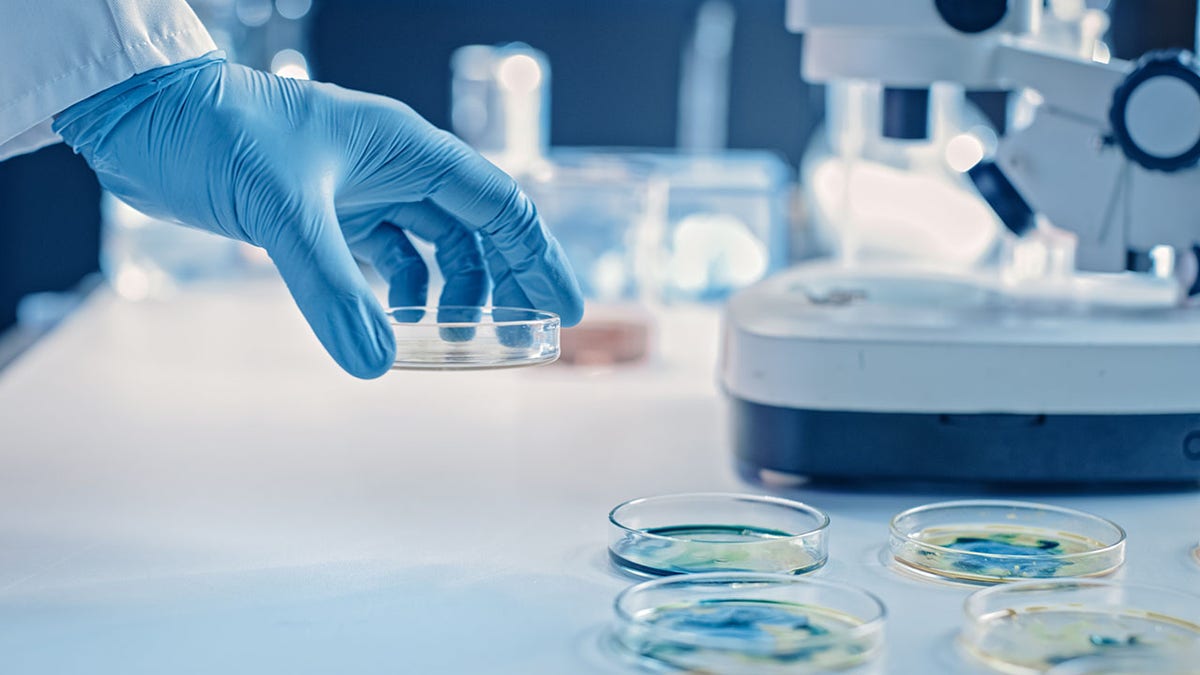Fox News Flash top headlines for July 28
Fox News Flash top headlines are here. Check out what's clicking on Foxnews.com.
The Centers for Disease Control and Prevention issued an alert Wednesday warning that for the first time the bacterium Burkholderia pseudomallei (B. pseudomallei) was found in soil and water along the Gulf Coast of southern Mississippi.
The bacterium, which causes a rare and serious disease called melioidosis, was identified through environmental sampling during an investigation of two human melioidosis cases, the CDC said.
Officials said it was unclear how long the bacterium has been present in the environment prior to 2020 or how widespread it is in the continental U.S., and that melioidosis is now considered to be locally endemic in areas of the Gulf Coast region of Mississippi.
However, the agency said that modeling suggests the environmental conditions found in the Gulf Coast states are conducive to the growth of B. pseudomallei.
MONKEYPOX VACCINE: US HEALTH REGULATORS GREENLIGHT 800,000 MORE DOSES
While it can infect both animals and humans through direct contact with cuts or wounds, mucous membranes, inhalation, or ingestion, health officials consider the risk of spread from person to person extremely low.

Scientist Works with Petri Dishes with Various Bacteria, Tissue and Blood Samples. Concept of Pharmaceutical Research for Antibiotics, Curing Disease with DNA Enhancing Drugs. Moving Close-up Macro (iStock)
While melioidosis symptoms are nonspecific and vary depending on the type and site of infection, symptoms may include fever, localized pain or swelling, ulceration, abscess, cough, chest pain, respiratory distress, weight loss, abdominal discomfort, muscle or joint pain, disorientation, headache, and seizures.
CLICK HERE TO GET THE FOX NEWS APP
The agency said prompt diagnosis and treatment are critical.










































